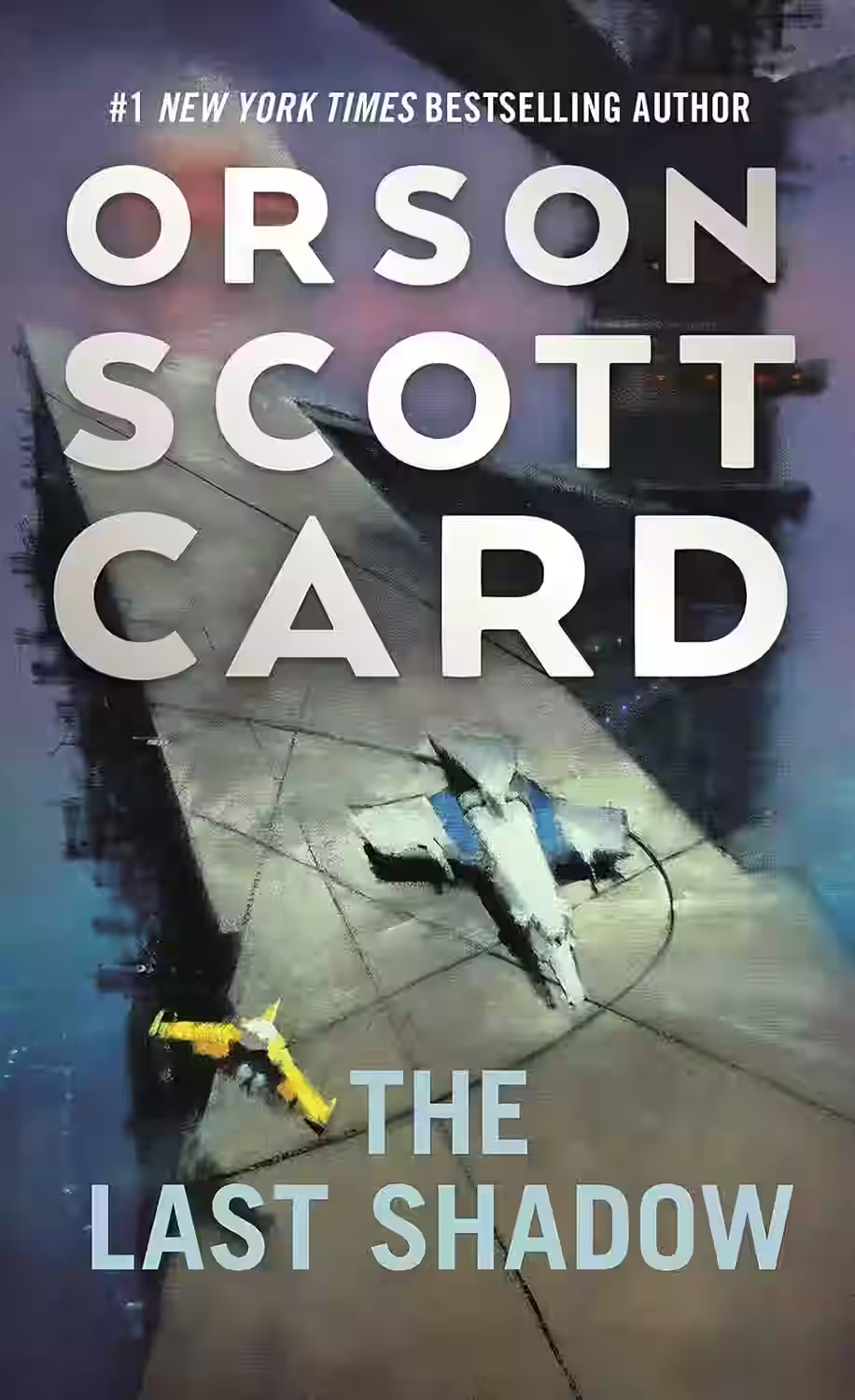
In Orson Scott Card's 'The Last Shadow,' readers are transported to the intricate world of Lusitania, where tensions between humans and alien species run high. As brilliant strategist and empath Ender Wiggin navigates political complexities, he works to prevent a catastrophic war. Themes of empathy, communication, and the consequences of human actions are skillfully woven into the narrative, offering readers profound insights into the nature of conflict and coexistence. With its rich character development and thought-provoking scenarios, 'The Last Shadow' is a compelling exploration of morality and the intricacies of interspecies relationships.
About Ender Quintet Series
The Ender Quintet by Orson Scott Card is a thought-provoking science fiction saga centered on Ender Wiggin, a child genius trained to lead humanity in a war against an alien species called the Formics. The series begins with Ender’s Game, where Ender is molded into a military leader at Battle School. The story continues with Speaker for the Dead, Xenocide, Children of the Mind, and Ender in Exile, exploring Ender’s moral reckoning, philosophical questions about identity, and interstellar diplomacy. The quintet blends action, ethics, and deep introspection, evolving from military sci-fi to a rich exploration of empathy, redemption, and the human condition.
About Orson Scott Card
Orson Scott Card, born on August 24, 1951, in Richland, Washington, is a prolific American author known for his contributions to science fiction and fantasy literature. Card's most famous work, the novel 'Ender's Game,' has become a modern classic, exploring complex themes such as war, morality, and the nature of humanity. His writing often delves into the psychological and ethical dilemmas faced by his characters, showcasing his skill in crafting intricate plots and engaging narratives. Card's impact on literature extends beyond his fiction, as he is also a respected critic and commentator within the genre. With numerous awards to his name, including multiple Hugo and Nebula Awards, Orson Scott Card stands as a towering figure in the world of speculative fiction.
Other Books by Orson Scott Card
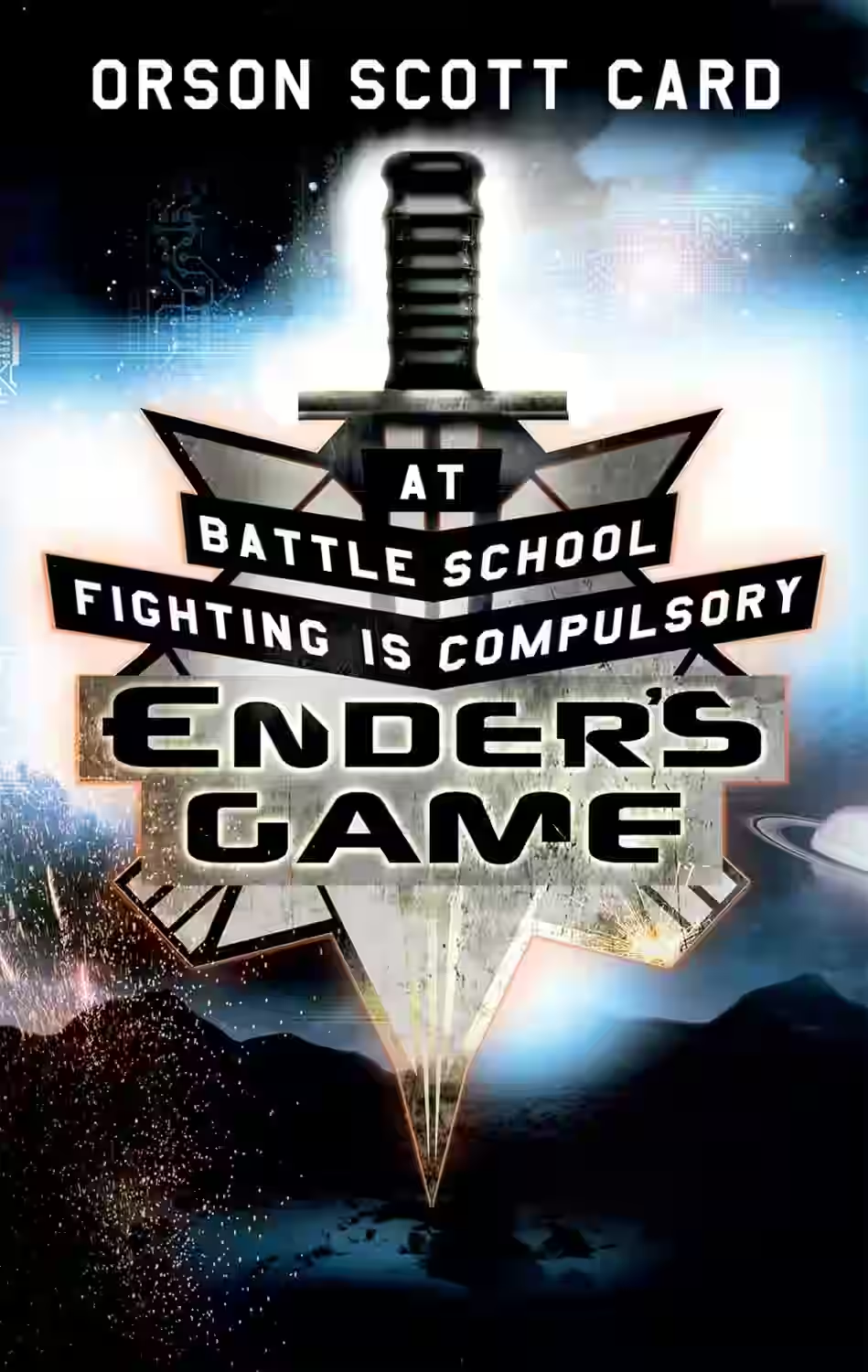
Ender’s Game
Series: Ender Quintet (#1)
Orson Scott Card's 'Ender's Game' is a captivating science fiction novel that follows the story of Andrew 'Ender' Wiggin, a brilliant young boy who is recruited to attend Battle School, a training ground for the galaxy's future military leaders in a war against an alien species known as the Formics. As Ender navigates through a series of complex challenges and simulations, he grapples with themes of power, morality, and the brutal realities of war. The book delves into Ender's struggle with his own humanity and the sacrifices he must make for the greater good. 'Ender's Game' is a thought-provoking and emotional journey that explores the depths of human nature and the consequences of one's actions.
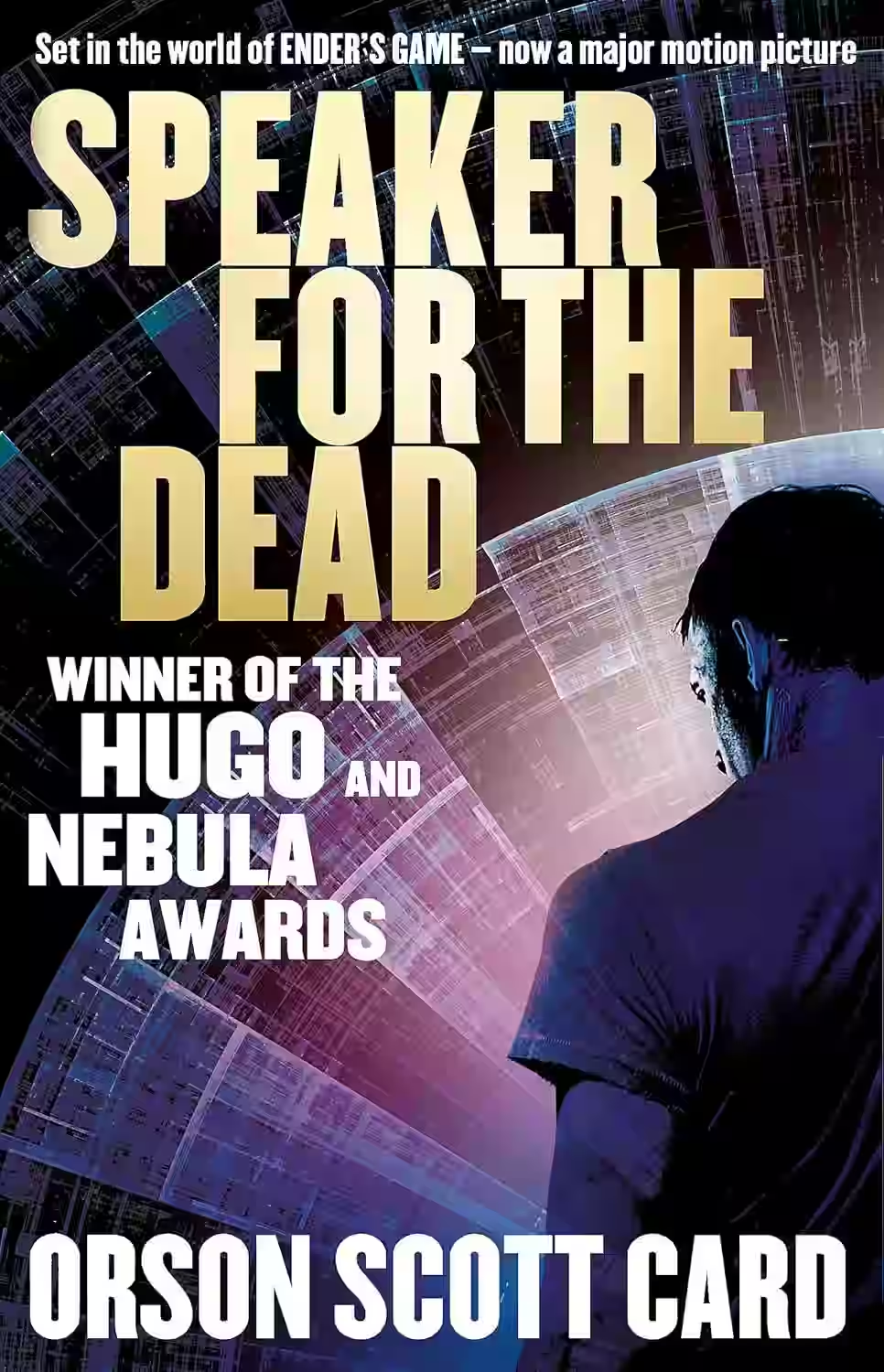
Speaker for the Dead
Series: Ender Quintet (#2)
In Orson Scott Card's 'Speaker for the Dead,' the story takes readers on a thought-provoking journey to the alien planet of Lusitania, where humans and a sentient alien species known as the Pequeninos face cultural clashes and complex moral dilemmas. The protagonist, Ender Wiggin, now known as the Speaker for the Dead, navigates intricate relationships and delves into the mysteries surrounding the death of a prominent scientist. Themes of empathy, understanding, and the consequences of misunderstandings permeate the narrative, culminating in a profound exploration of identity and redemption. Card's storytelling prowess shines in this intricate and emotionally resonant sci-fi masterpiece.
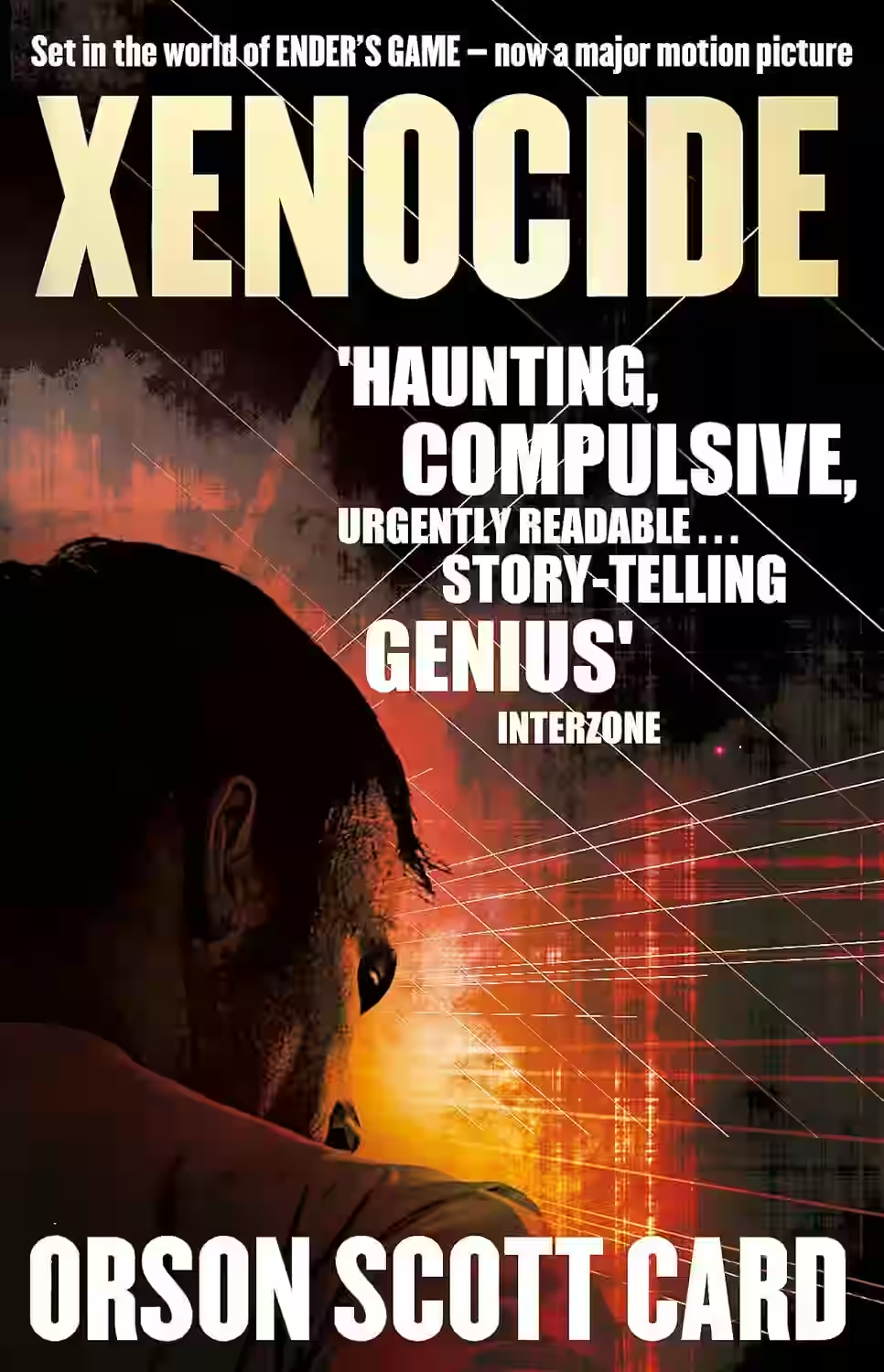
Xenocide
Series: Ender Quintet (#3)
In Orson Scott Card's 'Xenocide,' the third installment of the Ender's Game series, readers are once again thrust into a complex world filled with moral dilemmas, interstellar politics, and the clash of different cultures. The story follows Ender Wiggin as he navigates the intricate web of relationships and conflicts among humans, Pequeninos, and the mysterious alien species known as the descoladores. Themes of empathy, communication, and the consequences of xenophobia are masterfully woven throughout the narrative, challenging readers to question their own beliefs and prejudices. 'Xenocide' is a thought-provoking exploration of identity, redemption, and the price of survival in a vast and unforgiving universe.
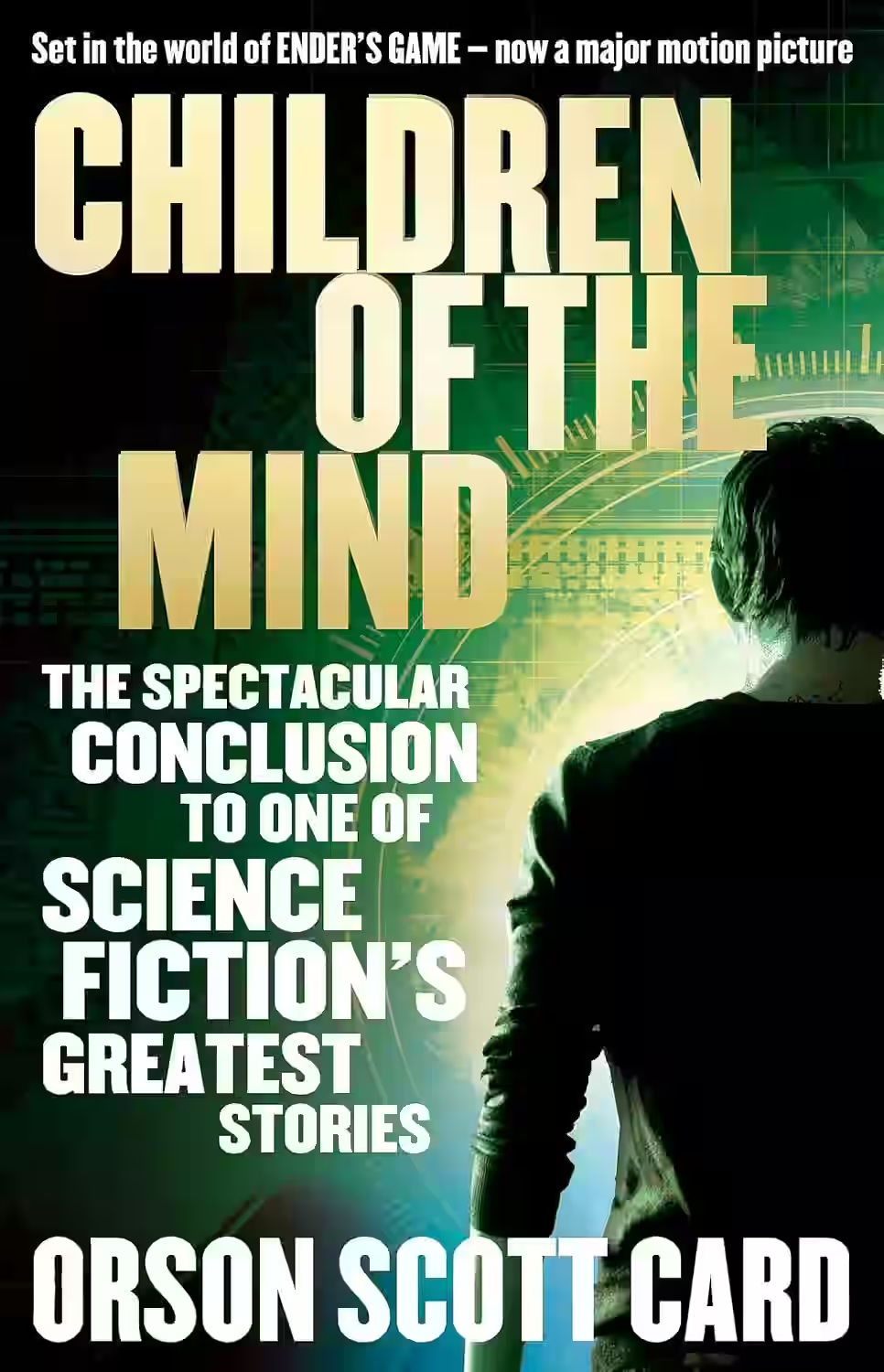
Children Of The Mind
Series: Ender Quintet (#4)
In Orson Scott Card's 'Children of the Mind,' the fourth installment of the beloved Ender's Game series, readers delve deeper into the complex mind of protagonist Andrew 'Ender' Wiggin as he navigates a strange new world, struggling with his own identity and moral dilemmas. The novel explores themes of consciousness, artificial intelligence, and the consequences of war, all while maintaining a gripping narrative filled with twists and turns. Card skillfully combines thought-provoking philosophy with intense action, creating a compelling read for fans of science fiction and psychological drama alike. 'Children of the Mind' is a fitting conclusion to Ender's saga, leaving readers both satisfied and contemplative.
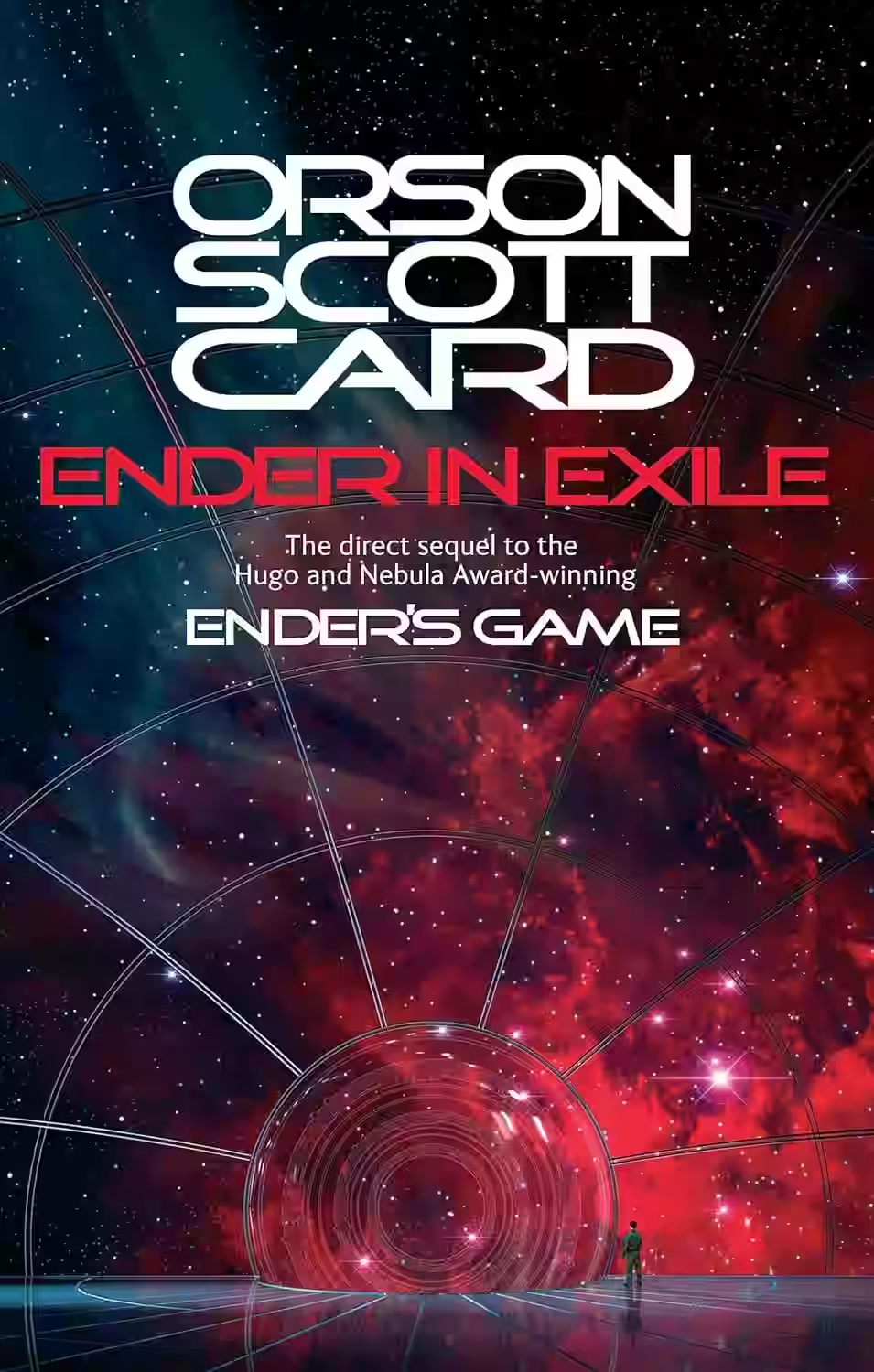
Ender In Exile
Series: Ender Quintet (#5)
In 'Ender In Exile' by Orson Scott Card, readers are taken on a gripping journey alongside Ender Wiggin as he navigates the aftermath of the Formic Wars. Set between the events of 'Ender's Game' and its sequel 'Speaker for the Dead,' this novel delves into themes of identity, forgiveness, and the consequences of war. As Ender grapples with his past actions and seeks a new purpose, readers are treated to a tale of redemption and sacrifice. Card's masterful storytelling and intricate world-building continue to shine in this installment, offering fans a deeper insight into Ender's psyche and the complex relationships he forms. 'Ender In Exile' is a must-read for science fiction enthusiasts and fans of the Enderverse.
Similar Books
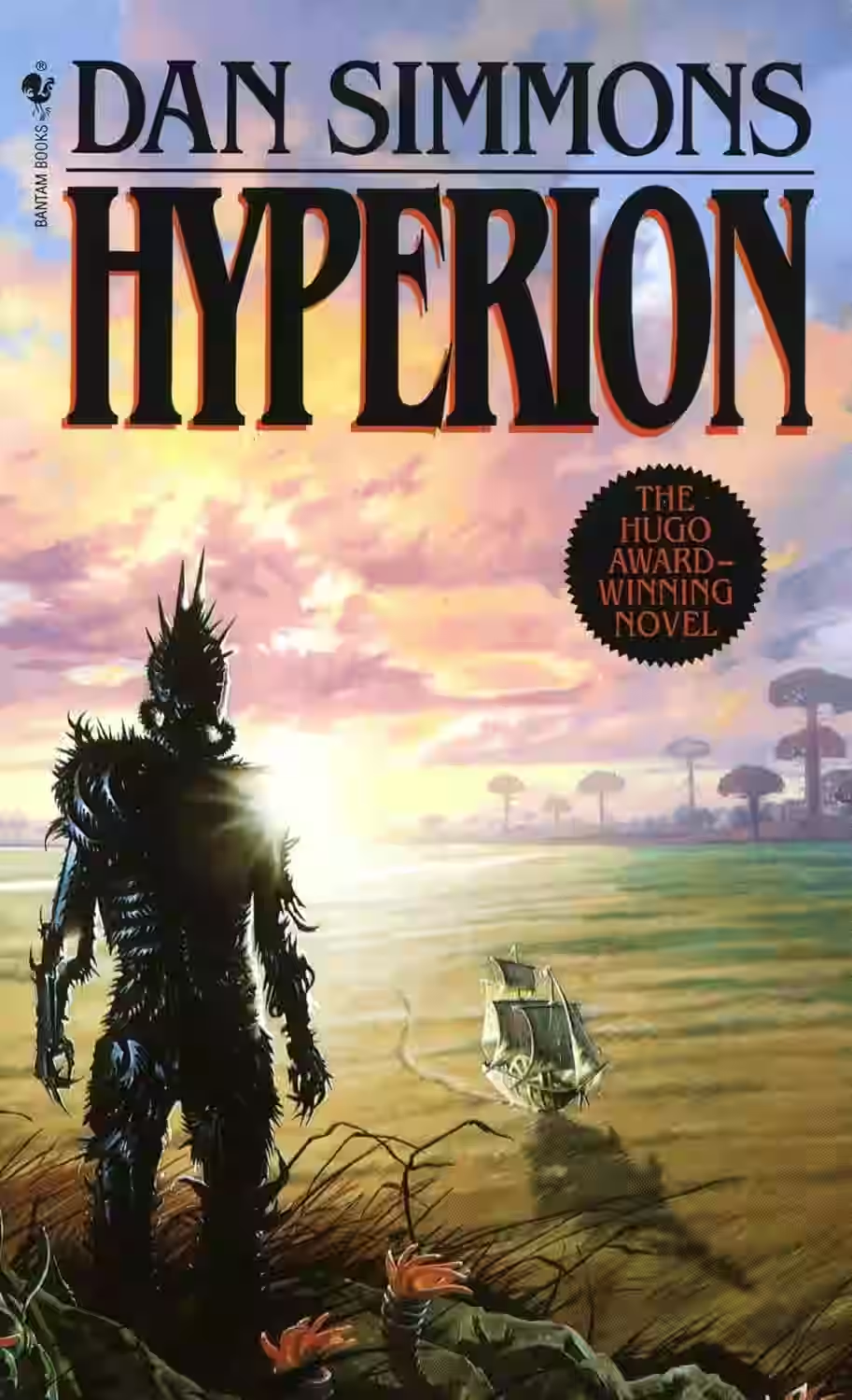
Hyperion
by Dan Simmons
Series: Hyperion Cantos (#1)
Dan Simmons' 'Hyperion' is a gripping science fiction masterpiece that weaves together elements of space opera, time travel, and philosophical inquiry. Set in a distant future where humanity has spread across the galaxy, the novel follows seven pilgrims on a harrowing journey to the enigmatic world of Hyperion, each with a tale to tell that adds layers to the rich tapestry of the narrative. As they navigate the perils of the Shrike, a terrifying entity lurking on Hyperion, they confront questions of identity, destiny, and the nature of consciousness. With its intricate world-building, complex characters, and thought-provoking exploration of existential themes, 'Hyperion' is a must-read for fans of cerebral science fiction.

The Elite
by Kiera Cass
Series: The Selection (#2)
In 'The Elite' by Kiera Cass, the second book in The Selection series, America Singer finds herself among the final six contestants vying for Prince Maxon's heart and the crown of Illéa. The plot intensifies as America navigates the competitive landscape, dealing with rivalries, her lingering feelings for her former flame, Aspen, and her growing affection for Maxon. Thematically, the novel delves into themes of love, loyalty, societal pressure, and self-discovery. 'The Elite' captivates with its romantic tension and political undercurrents, exploring the complexities of the dystopian monarchy and America's struggle to reconcile her desires with her role. The story's engaging plot and emotional depth keep readers riveted, eager to see how America's journey unfolds.
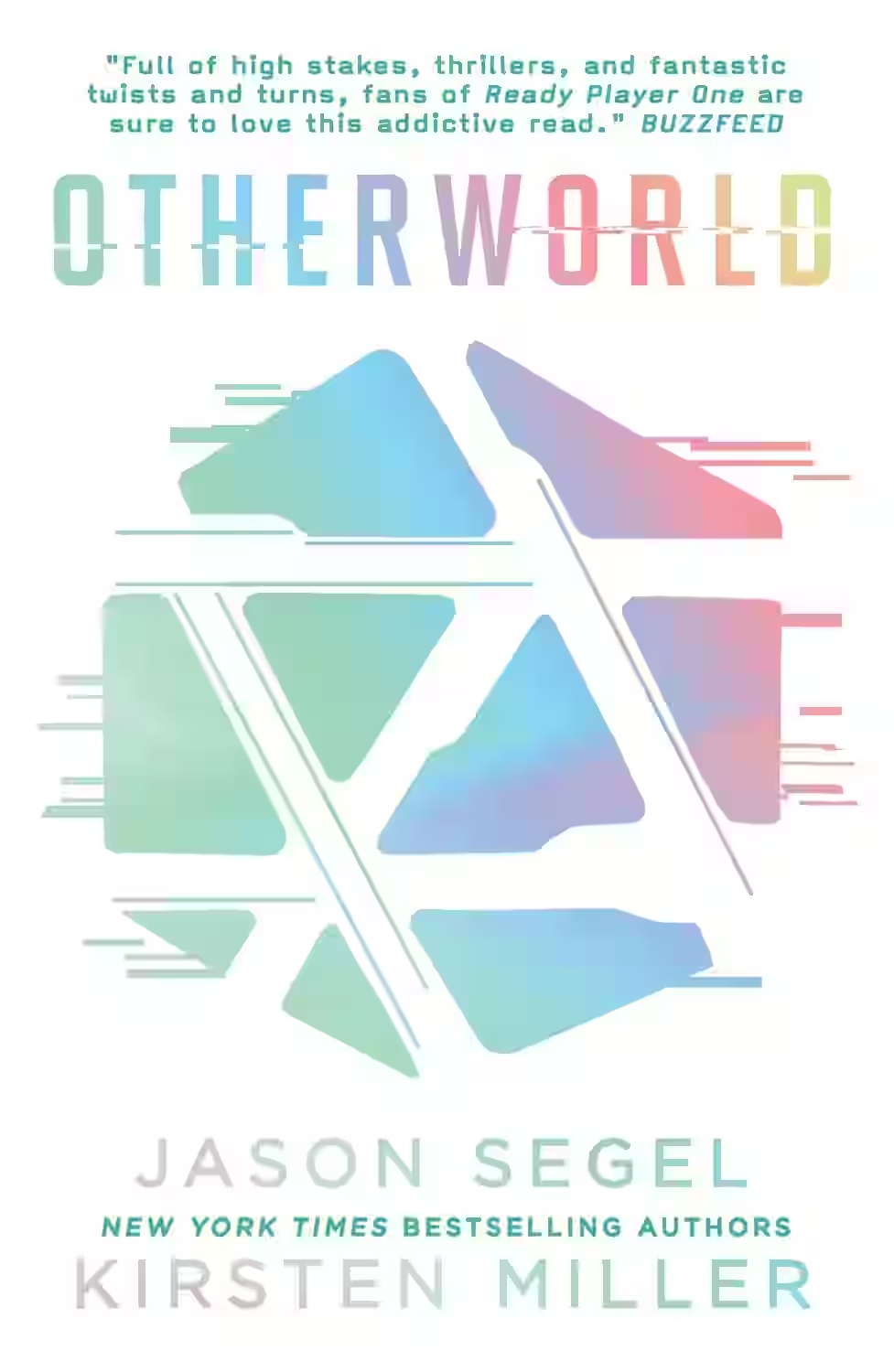
Otherworld
by Jason Segel, Kirsten Miller
Series: Last Reality (#1)
In 'Otherworld' by Jason Segel and Kirsten Miller, readers are plunged into a virtual universe where the boundaries between the digital and real worlds blur with unsettling consequences. The story follows Simon, a determined teenager whose quest to find his friend Kat leads him into the enigmatic digital landscape of Otherworld. With vividly imagined virtual environments and ethical dilemmas about the impact of technology on society, the book explores themes of friendship, loyalty, and the dark side of escapism. The fast-paced narrative and engaging characters keep readers on edge, while raising thought-provoking questions about the potential perils of immersive virtual experiences.

Crossed
by Ally Condie
Series: Matched (#2)
In 'Crossed,' the second installment of Ally Condie's Matched trilogy, the story continues with Cassia Reyes and Ky Markham navigating a dystopian world where choice is suppressed. Following their separation by the controlling Society, Cassia embarks on a perilous journey through the Carving, a desolate landscape, to find Ky. This novel explores themes of rebellion, self-discovery, and the quest for freedom. Through Condie's poetic prose and alternating perspectives, readers delve deeper into the complex love story and unravel the mysteries behind the authoritarian regime. 'Crossed' balances tense action with introspective moments, offering an engaging continuation of Cassia's fight for autonomy and true connection in a rigidly controlled world.